There’s a certain magic in love that transcends fleeting passion and momentary excitement—a love that grounds you, nurtures you in all your aspects, and brings you home to yourself. This is committed love. It’s not about grand gestures or the perfect partner who checks every box on a list; it’s about showing up for each other with devotion, honesty, and care.
Committed love doesn’t just happen—it’s cultivated. It’s a daily choice: choosing to show up, choosing to love, and choosing to grow.
It asks us to be brave enough to open our hearts fully and wise enough to walk away when it’s clear the other person isn’t ready to meet us there. It’s a journey of mutual effort, built on a foundation of peace, respect, and safety. When both partners are truly seen, heard, and valued, committed love becomes a sanctuary—not a battlefield. (LOVE IS NO BATTLEFIELD! Cue Pat Benatar’s iconic tune here—though, let’s admit, some 80s lyrics could use an update!)
But let’s be honest: finding that kind of committed love isn’t always easy. It often means taking risks—stepping into vulnerability and trusting someone else with our most tender parts. Yes, they could destroy us, but true intimacy is about trusting them more than we trust our fears.
And yes, there may be moments of hurt along the way. But settling for less than what your heart truly craves isn’t the answer. In fact, it’s a waste of your precious time—and time, like your body, deserves to be protected. (I wrote an article about this exact topic: Protect Your Most Fertile Years—you can check it out here.)
The Universal Craving for Safety in Love
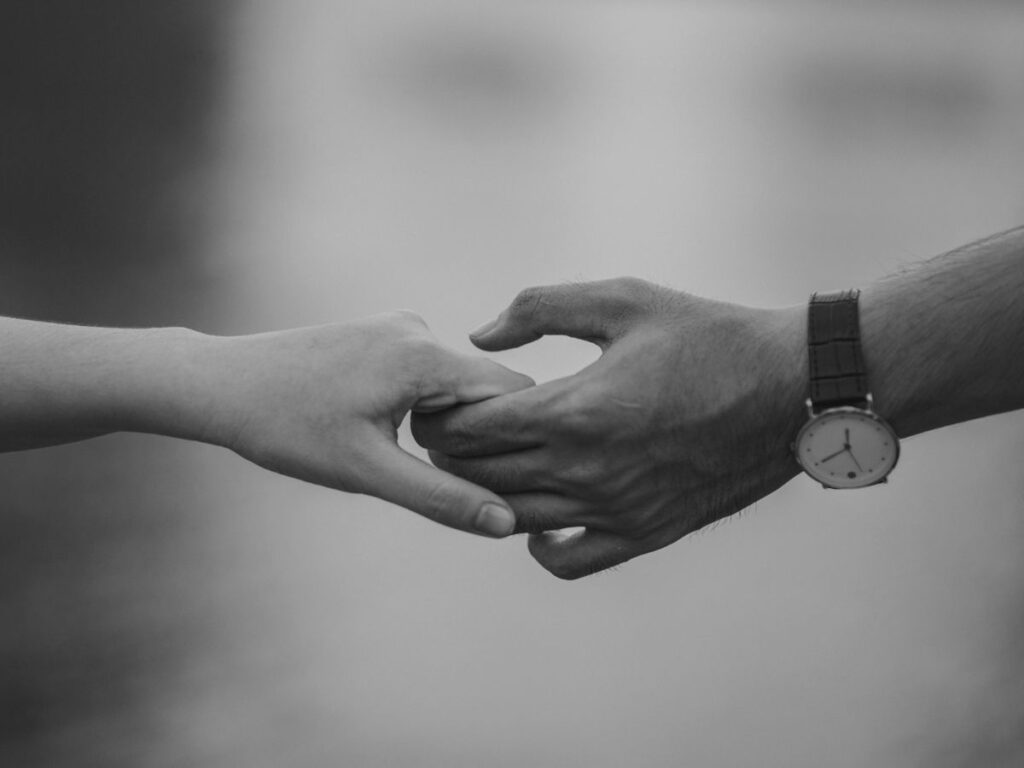
At the heart of every human connection is a deep, universal craving: the need for safety. True love—the kind that lasts and fulfills—thrives in an environment where both partners feel secure. This safety isn’t just about physical presence; it’s about emotional grounding. It’s about knowing that you are seen, heard, and valued just as you are, without conditions or the fear of abandonment.
Yet, in today’s modern dating world, finding this sense of safety can feel like an impossible task. Particularly in big cities, where the pace of life is fast and options seem endless, commitment often feels like a rarity. People say they want love, but many are unwilling—or unable—to truly commit. The allure of “the grass is always greener elsewhere” has left many stuck in an endless loop of dating, ghosting, and moving on to the next thing.
This lack of commitment is exhausting for anyone seeking depth. How can a relationship blossom when one or both people are already halfway out the door, scanning the horizon for something ‘better’? Love rooted in devotion and commitment isn’t about chasing perfection; it’s about choosing someone, flaws and all, and deciding to build something real together. And that takes commitment, effort, and the willingness to keep your heart open.
Don’t Settle for Shaky Ground
If you find yourself constantly wondering where you stand or questioning someone’s intentions, take it as a sign: this isn’t the foundation you need. It’s a red flag, and we owe it to ourselves to listen to these signs—and to our gut instinct. It always alerts us, even if we don’t want to hear it.
In the past, I ignored those signs, and I paid a big price for it. I think most of us have. We override our intuition, hoping things will magically fall into place, only to find ourselves hurt and wondering why we didn’t act sooner.
The love you deserve will be built on peace, respect, and safety—not anxiety, mixed signals, or shaky ground.
And if someone runs at the first sign of vulnerability when you open your heart, it’s not your job to chase after them. Let them go. Vulnerability is a gift, not a weakness, and it deserves to be met with tenderness, not avoidance. True intimacy requires both partners to do the inner work, to face their depths, and to bring their whole, imperfect selves to the table.
Because here’s the truth: the right relationship doesn’t just fill a void—it heals us. It soothes the parts of us that ache, offering safety and connection where there once was pain. But this kind of love can only blossom when both people are ready to meet each other fully, with honesty and devotion.
You might wonder, Can I truly heal while being in a relationship? The answer is yes. Healing and healthy love are not mutually exclusive. I wrote more about this in my blog article Yes, You Can Have Healthy Relationships and Still Heal. In it, I share how love that feels safe and grounded can be a catalyst for growth and transformation, proving that we don’t need to wait until we’re “perfect” to experience the connection we desire.
Settling for less than this will only leave you yearning for more—a love that nourishes your soul, supports your growth, and makes you feel truly at home in your own heart. That is what you deeply long for.
Committed love flourishes when both people are genuinely invested in cultivating a stable foundation—one that supports vulnerability, emotional growth, and mutual care. There’s no way around it. Without this solid groundwork, love becomes like building a house on sand: temporary, uncertain, and easily washed away.
And let’s be honest—trying to build a relationship on shaky ground will wreak havoc on your nervous system. The constant uncertainty, mixed signals, and lack of stability can leave you feeling anxious, exhausted, and questioning your worth.
What Does Commitment Really Mean in Love?
When we think of commitment in love, many of us immediately picture long-term relationships or marriage. But true committed love runs way deeper than simply staying together over time. Let’s be real—time alone doesn’t mean anything. You can be together for 10, 20, or even more years and still feel miserable and disconnected.
Commitment isn’t about enduring for the sake of appearances or clinging to a relationship when it feels convenient. It’s about consciously choosing each other, day after day, through the ups, the downs, and all the messy in-betweens. It’s about saying yes to all the versions of ourselves we’ve been—and the ones we’re still becoming.
Being in love often feels effortless at the start—the butterflies, the spark, the rush of new emotions, the cocktail of hormones that makes us feel like we’re in heaven. But staying in love and thriving as a couple? That takes work. It takes the commitment to be vulnerable and to truly let the other person in. It takes the courage to stay when every fiber of your being wants to run away because intimacy feels terrifying.
And here’s the truth: love isn’t just a feeling. Feelings can waver, but commitment remains steadfast because it’s a choice. It’s waking up every day and deciding, “I’m here for you, for us, even when it’s not easy.
The Difference Between Staying in Love and Choosing Love
Staying in love often comes with the expectation that passion will somehow sustain itself, that the honeymoon phase will last forever. But when reality doesn’t align with these expectations, disappointment creeps in, and many begin to wonder, Is this all there is?
Choosing love, however, acknowledges that love evolves. As humans, we move through different phases and stages, and growth often requires stepping beyond ourselves and venturing into new territories. As a couple, it means growing together. The honeymoon phase inevitably gives way to reality because we all carry baggage—and relationships are where that baggage gets unpacked. Yet, people can stay madly in love and deeply passionate about each other when there’s a shared commitment to communication and genuine curiosity about one another.
Choosing love is recognizing that your partner is an imperfect human being, just as you are. It means embracing their imperfections, offering forgiveness when needed, and finding joy in the quiet, ordinary moments. Choosing love is about showing up with devotion, even on the days when the spark might feel dim.
Commitment: More Than Just Time
Commitment is often misunderstood as simply being together for a long time. But longevity isn’t the same as depth. Committed love means building a relationship where both people feel safe, valued, and supported. It’s about creating a partnership grounded in peace, respect, and mutual effort—not just sharing a history but cultivating a future.
True commitment also involves self-awareness. It’s about doing the inner work necessary to show up for your partner fully. If one person avoids vulnerability or refuses to grow, the foundation becomes shaky. For love to thrive, both partners must invest in the relationship and in themselves.
Ultimately, committed love is a promise—not just to your partner but to yourself. It’s a promise to choose love daily, even in moments of doubt. It’s a promise to nurture the connection, even when life gets messy. And it’s a promise to prioritize love that feels stable, soulful, and worth every effort.
Building the Foundation for Lasting Commitment
Committed love isn’t built overnight. It requires effort and dedication, but most importantly, it thrives on a strong foundation as we alread explored earlier. Think of it like building a house. You wouldn’t skimp on the foundation if you want a home that lasts, right? The same goes for relationships. At the core of lasting commitment are key elements that provide stability and growth: communication, respect, shared values, personal growth, and friendship.
- Communication: Open, honest communication is the cornerstone of any healthy relationship. It means not just speaking your truth, but also listening deeply, without judgment or interruption. When both partners feel heard and understood, the bond becomes unbreakable.
- Respect: Respect isn’t just about agreeing on everything, but about valuing each other’s opinions, feelings, and boundaries. It’s about creating an environment where both people can be their true selves without fear of belittling or judgment.
- Shared Values: A relationship rooted in shared values creates alignment. When both partners have a common vision for the future and similar goals, they work together in harmony, even through the challenges life brings. They are compatible.
- Personal Growth: Personal growth is the engine that keeps love alive. When both partners prioritize their own healing and development, they bring their best selves to the relationship. There’s no other way that it can work. A commitment to individual growth translates into mutual growth, and it’s this growth that keeps love evolving, even after the honeymoon phase fades into its new upgrade in-love phase.
- Friendship: So important! True friendship forms the heart of lasting commitment. Beyond being lovers, you should be best friends who support, laugh with, and confide in each other. A strong friendship keeps the connection genuine and helps both partners feel safe and valued—not just romantically, but emotionally, too.
These important elements create a safe, nurturing space for both partners to thrive individually and together. They are the bedrock of lasting commitment and emotional fulfillment.
Attachment Styles and Their Impact on Committed Love
Attachment styles—our innate ways of relating to others—play a powerful role in shaping how we connect and maintain relationships. Understanding your own and your partner’s attachment style can transform the dynamics of committed love. It helps create empathy, insight, and a deeper understanding of each other’s needs, triggers, and patterns. In my opinion, understanding your own and your partner’s attachment style is a love language.
Let’s dive a bit deeper for more clarity:
There are four primary attachment styles: secure, anxious, avoidant, and disorganized. Each style influences how we approach intimacy, trust, and emotional vulnerability. For example:
- Secure attachment is characterized by healthy communication, trust, and the ability to navigate conflict with a sense of emotional safety.
- Anxious attachment can lead to a fear of abandonment and a need for constant reassurance.
- Avoidant attachment often results in emotional distancing and difficulty with vulnerability.
- Disorganized attachment combines anxious and avoidant tendencies, often rooted in past trauma.
When both partners understand their own attachment styles and how they impact the relationship, it fosters greater empathy and patience, and thus the bond between them grows stronger and stronger. Instead of reacting defensively or with frustration, both partners can learn to communicate their needs more effectively and meet each other where they are. This deeper awareness creates stronger, more secure connections, helping both individuals feel more emotionally safe and supported.
For a deeper dive into attachment styles and how they influence your connections, check out my blog article The Art of Letting Go: Breaking Free from Attachments That Hold Us Back. In it, I explore the nuances of each attachment style and how understanding them can lead to profound healing and healthier relationships.
A Love That Grows Stronger, Not Weaker: Committing Through Life’s Seasons
Love is not static; it’s a living, breathing thing that grows, shifts, and evolves. It changes as we change, as life throws new challenges, triumphs, and transitions our way. Committing to love isn’t just about weathering these seasons—it’s about embracing them, hand in hand, side by side. Stronger together! It’s about saying, ‘I choose us,’ even when the path isn’t clear and doubts start to creep in.
This is all part of the journey. It’s not a sign to throw in the towel but an invitation for both partners to double down—despite the challenges, despite the doubts. In fact, I would say: not despite them but because of them. Of course, there are exceptions, but I’m speaking to the courage it takes to grow together and truly have each other’s back.
True commitment requires flexibility, patience, and mutual support. Whether it’s celebrating successes, facing heartbreak, or navigating the ordinary days in between, it’s the willingness to grow together that keeps love thriving. It’s not always easy, but the beauty lies in the journey.
The Role of Trust and Vulnerability in Commitment
True commitment is built on a foundation of trust and vulnerability. Without trust, there’s no safety. Without vulnerability, there’s no depth. It’s one thing to love someone when everything is smooth and easy—that’s easy; everyone can do that—, but the real magic happens when we allow ourselves to be fully seen—flaws, fears, and all—and still choose to love and be loved in return.
Yes, it’s absolutely terrifying. Vulnerability will test you in ways you can’t even anticipate. It will challenge your defenses, poke at old wounds (but only to be healed!!!), and bring your fears to the surface (to face and overcome them!!!).
But here’s the thing: it’s also the gateway to a connection so profound, so transformative, that it will open you to depths you couldn’t have explored on your own. It is worth it, and let me tell you something—you are worth it.
Speaking of worth, self-worth plays a massive role in how we show up in relationships. The way we see ourselves directly impacts the way we allow ourselves to be loved. Establishing a strong sense of self-worth—understanding that, simply because we exist, we are inherently deserving and worthy of love—is a cornerstone of building lasting, healthy connections.
If you’d like to dive deeper into the relationship between self-worth and love, check out my blog article Self-Worth and Romantic Relationships: Why We Struggle to Feel Worthy of Love.
Being vulnerable requires courage. It means tearing down walls that you once built to protect yourself from hurt and pain. It means sharing your fears, and opening your heart, even when there’s a risk of getting hurt. But it’s in that raw openness where the deepest, most unshakable connections are formed. Trust and vulnerability go hand in hand: trust creates a safe space for vulnerability, and vulnerability strengthens trust.
When both partners are willing to show up with honesty and authenticity, they build a relationship where love can thrive—not in perfection but in the shared experience of being human together.
Remember: The grass is greener where you water it!
If you’re ready to water your side of the garden, to heal, grow, and dive deeper into creating the love and life you truly deserve, I’d love to support you on that journey. Book a free discovery call with me, and let’s explore how we can work together to heal and uncover the radiant, empowered version of you that’s waiting to bloom.

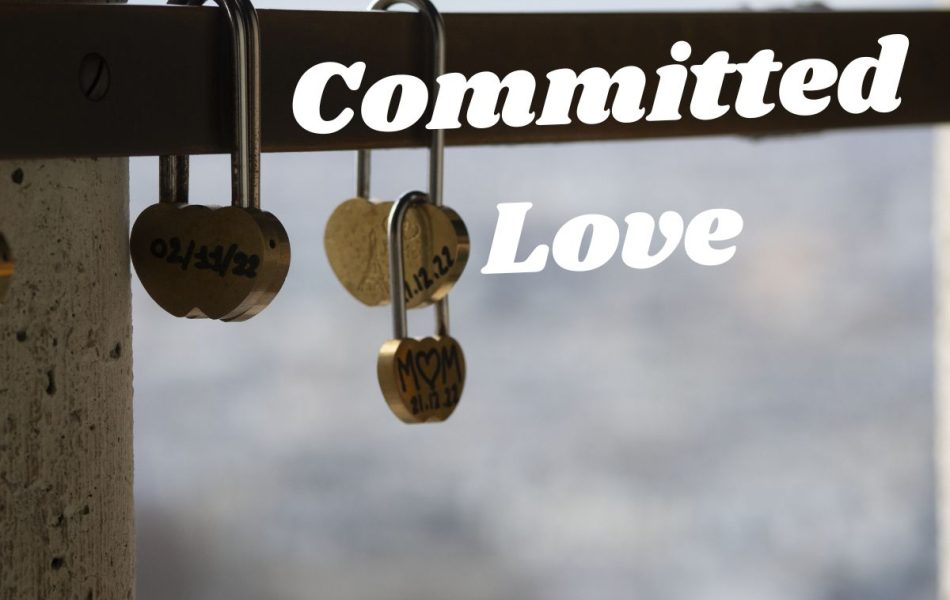



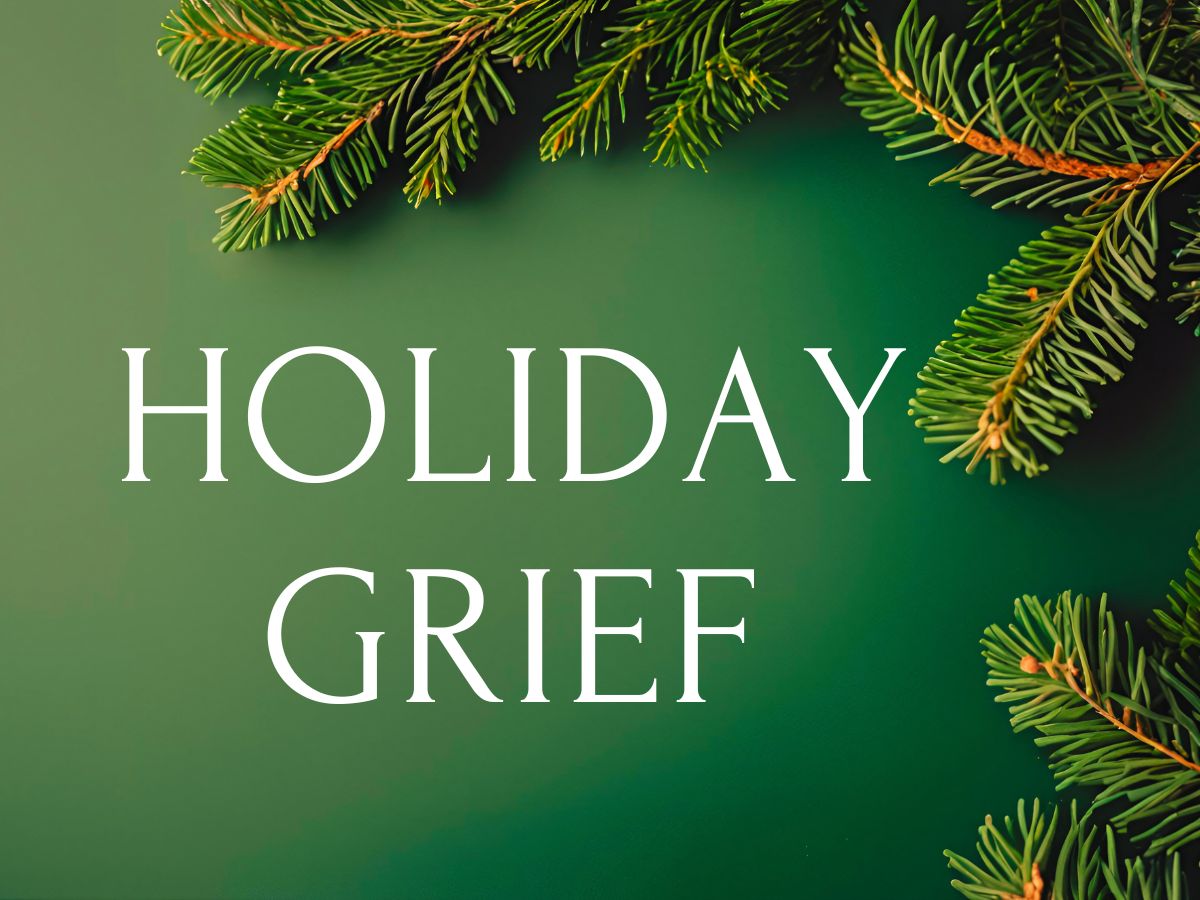
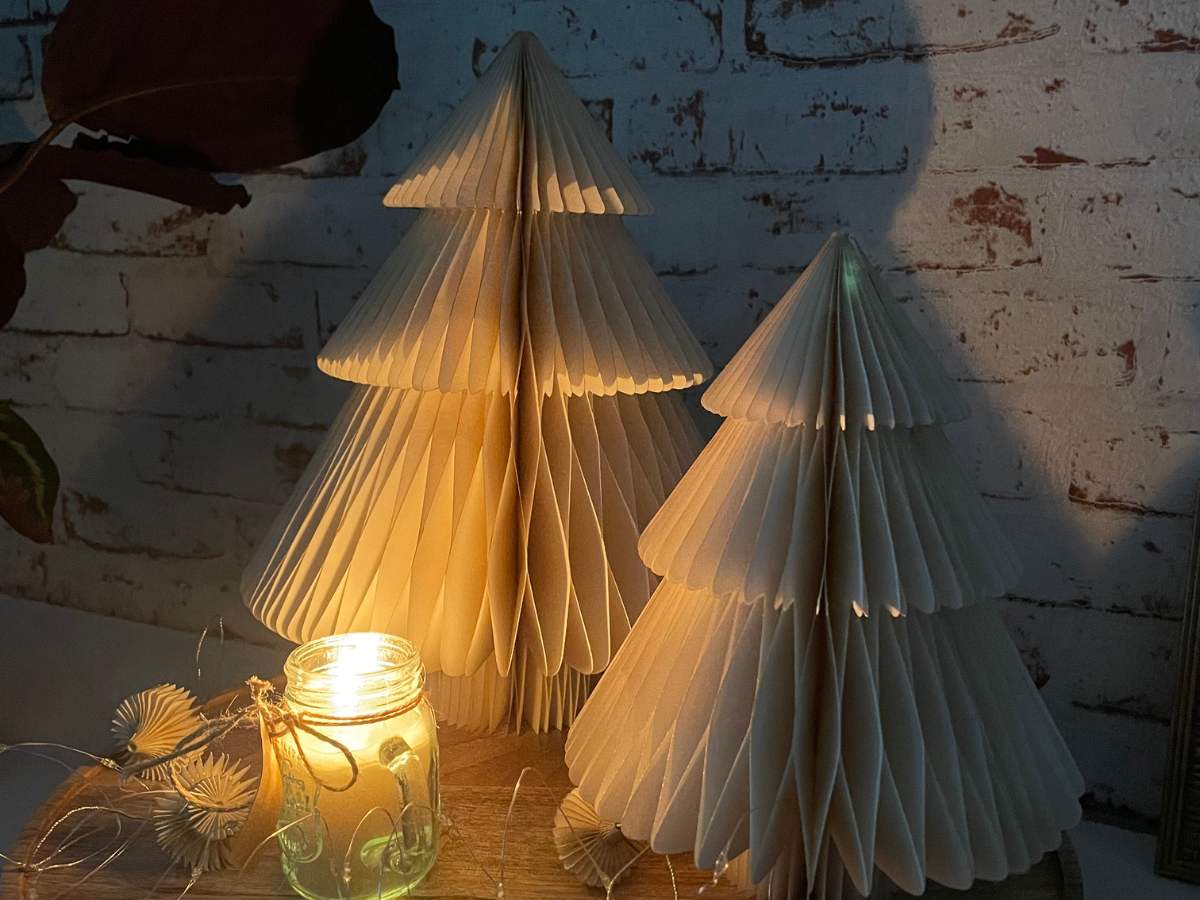
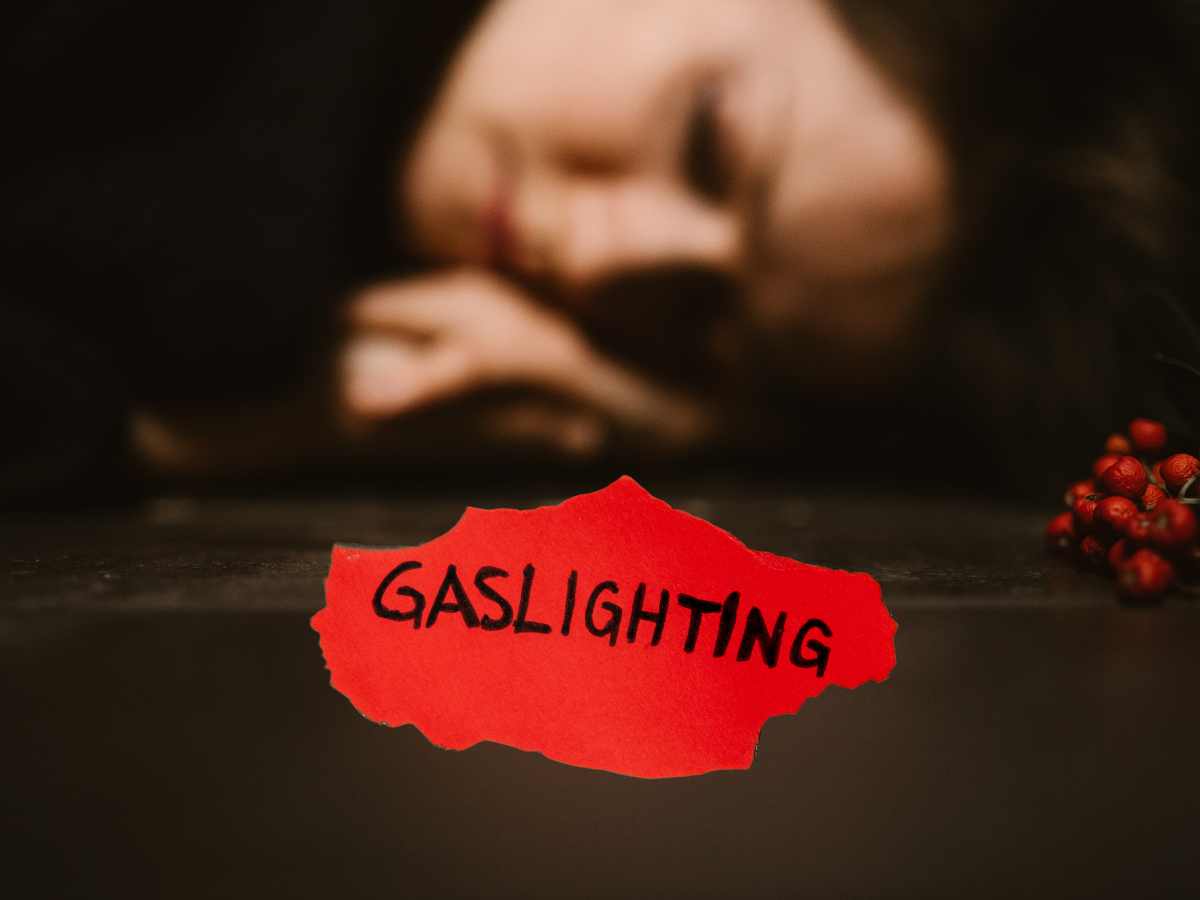

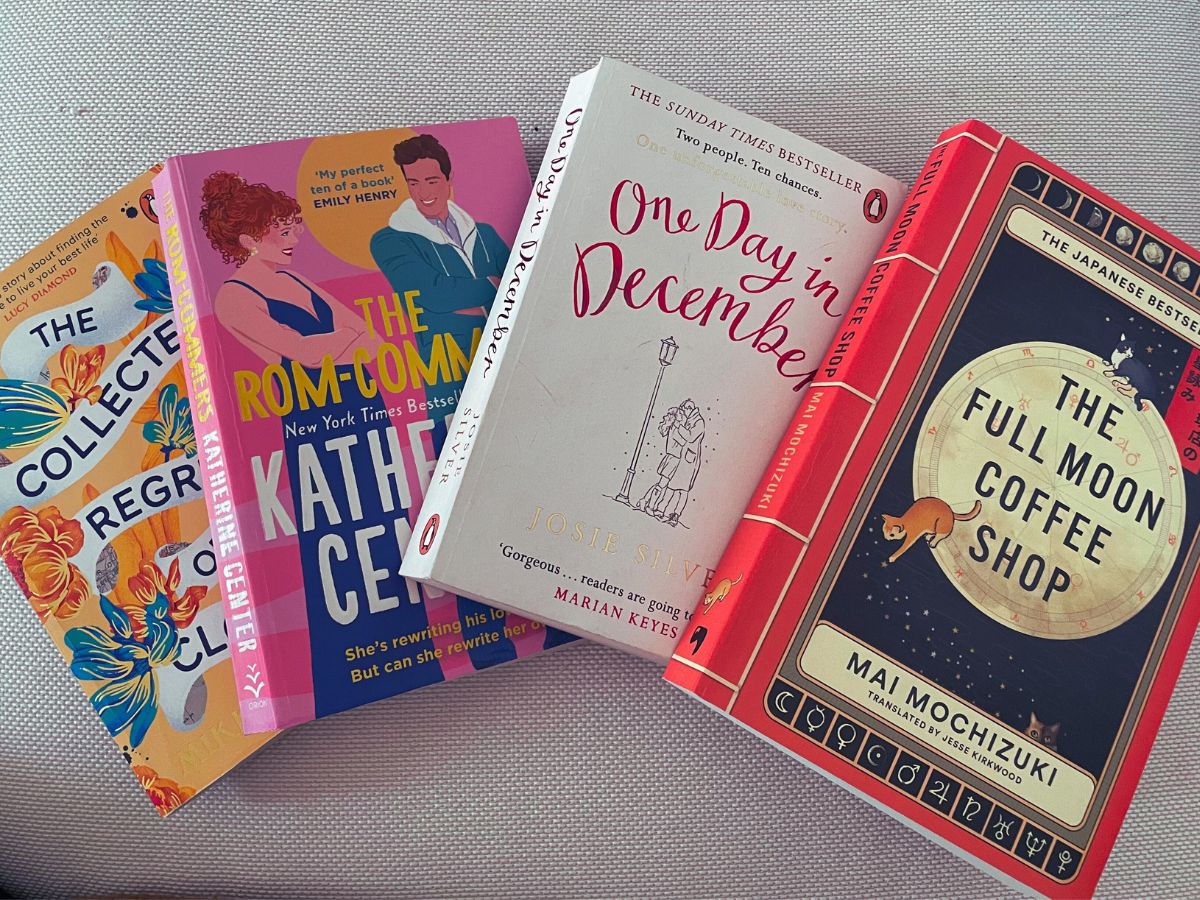
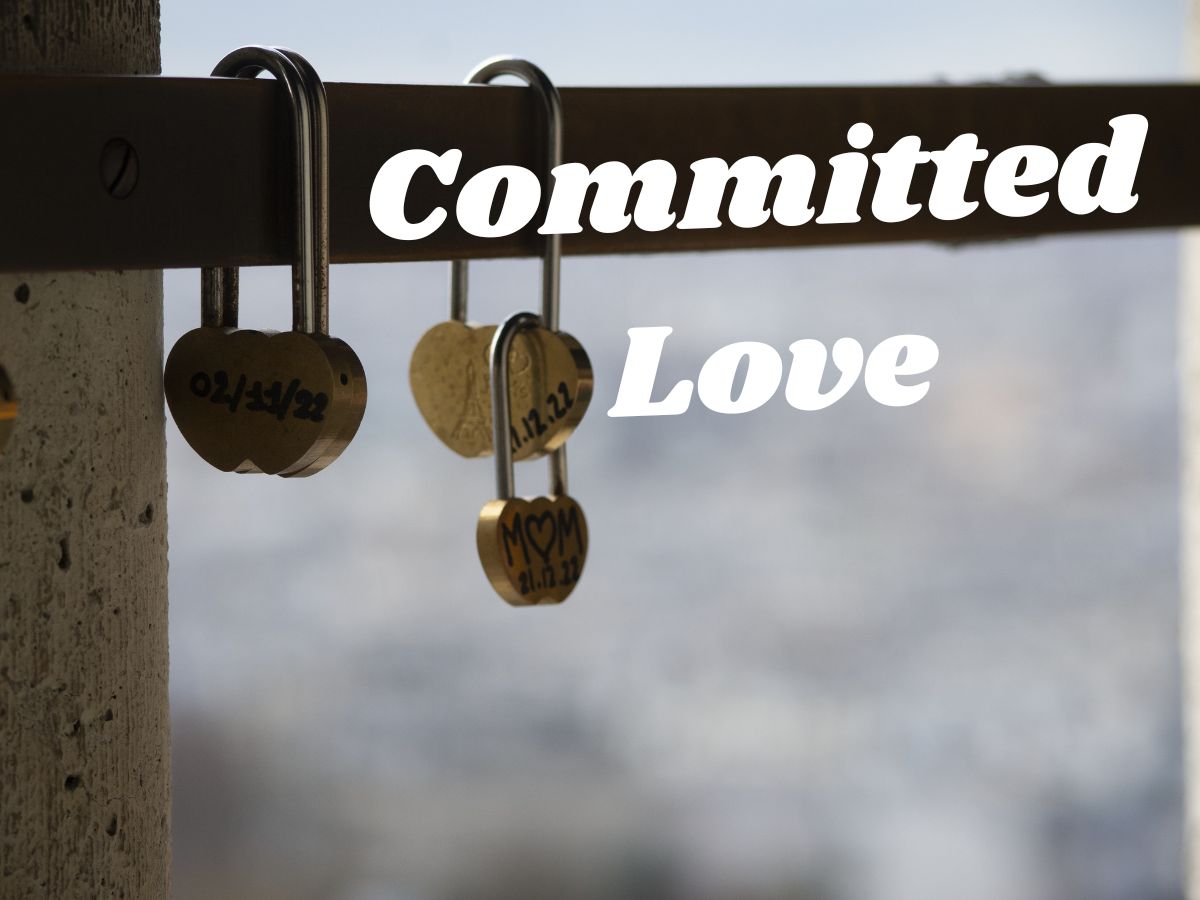
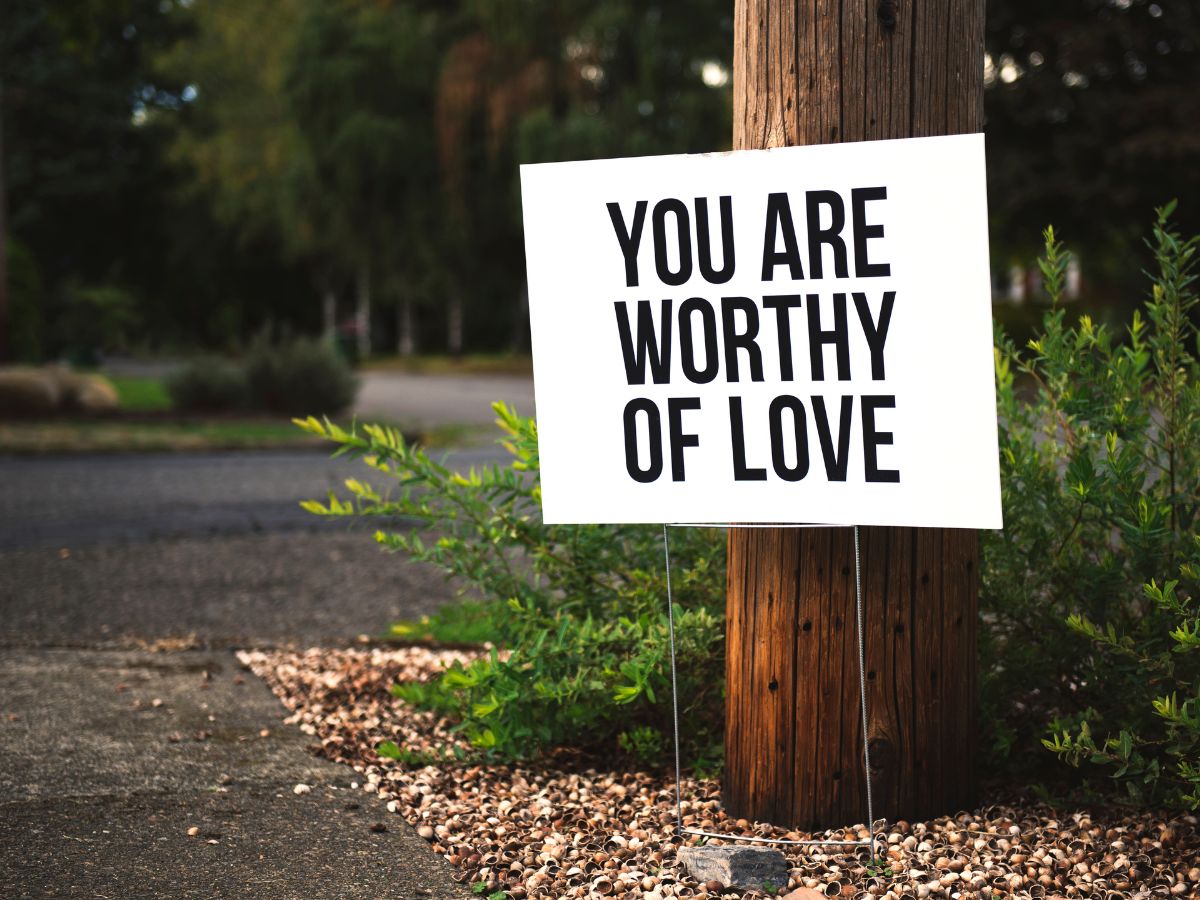
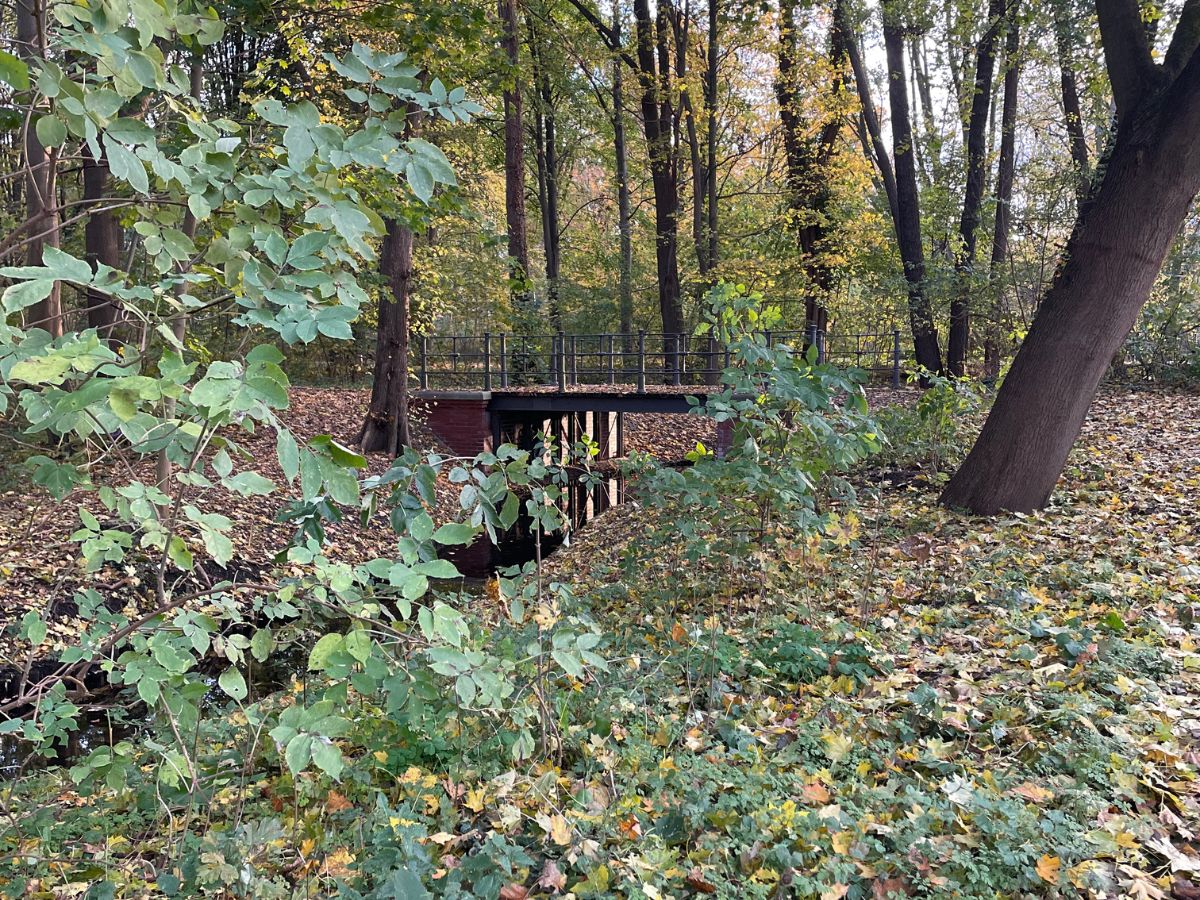



Leave a Comment